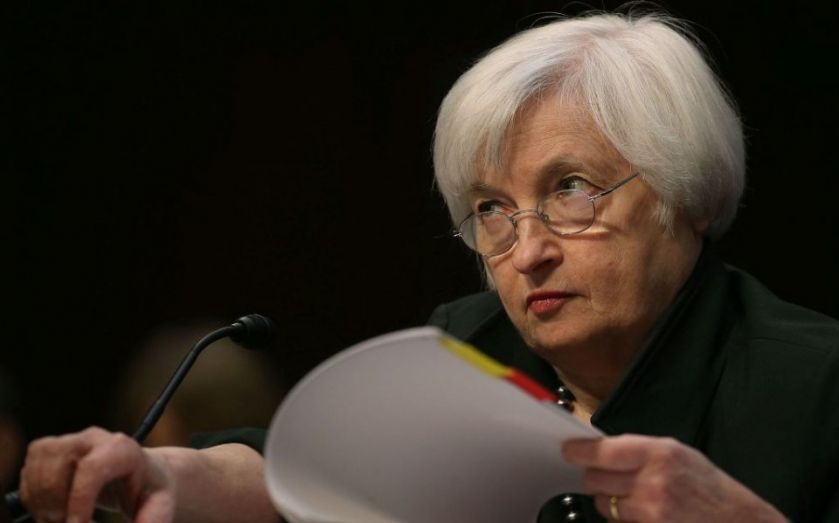As the FOMC meets this week, is it now imperative that the US Fed starts hiking interest rates?

Didier Saint-Georges, managing director at Carmignac, says Yes
There are good reasons to be worried by the Fed’s rate rise, as growth remains very shaky everywhere, including in the US.
Janet Yellen is obviously acutely aware of this economic fragility, and we would hope she isn’t fooled by headline employment numbers. But the case for hiking rates should be clear: as a central banker, it is Yellen’s responsibility to inflict a smaller blow to financial stability now, rather than a bigger one later.
The zero interest rate policy has already fuelled considerable misallocations of capital, asset bubbles, and a releveraging of corporate America, which is putting the US credit market in a very unstable situation.
There is no happy ending to extra-accommodative policies. Faced with a choice of two evils, Yellen should go for a “dovish hike” now, even if she risks having to backtrack later in 2016, rather than keep kicking the can down the road, accumulating financial risks in the system.
Abi Oladimeji, head of investment strategy at Thomas Miller Investment, says No
The fundamental case for raising interest rates is weak. Yes, headline data on the labour market has been strong. But the devil is in the detail.
Neither the year-on-year pace of growth in payroll jobs nor the year-on-year employment growth, based on household surveys, provide much cause for optimism.
Moreover, in the absence of wage inflation, the low unemployment rate is not in itself cause for concern. Of course, the Fed may want to raise rates for reasons beyond economic fundamentals: perhaps to curtail speculation, for instance.
But the central bank needs to tread carefully. The issue is not whether the US economy can survive a 25 basis point hike. What should give the Fed pause is the asymmetry of the risks – the threat posed by unanticipated inflation pales in comparison to the danger of stunting growth.
To begin raising interest rates at a time when key leading economic indicators point to waning growth momentum raises the risks of policy errors.